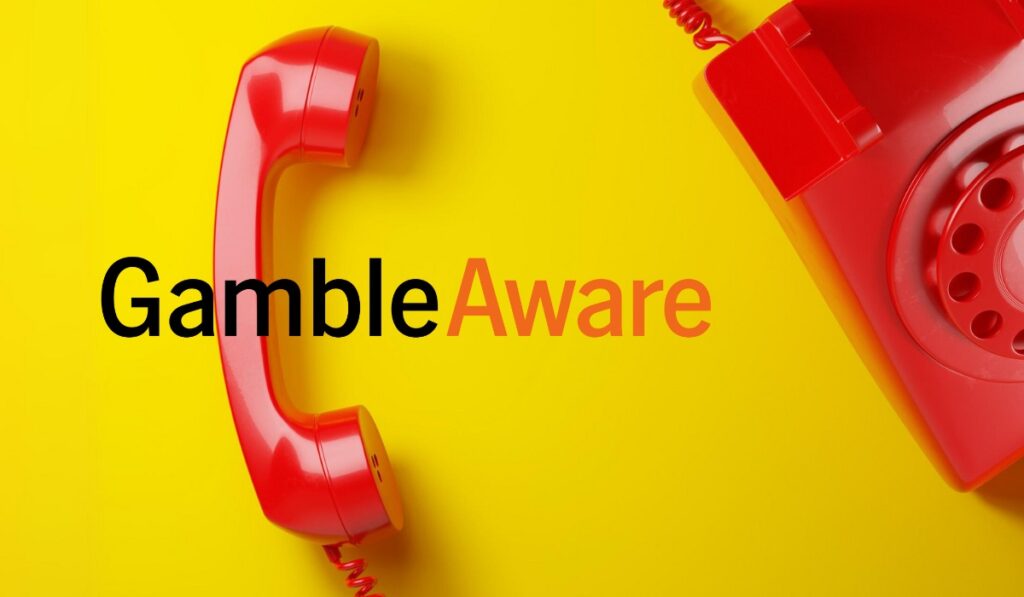GambleAware Calls for Better Health Warnings on Gambling Advertisements

The online gaming industry is always looking at ways to increase the safety of both consumers and those who get exposed to gambling in one way or another.
After a recent report by the independent consortium of researchers and academics it seems the findings are not to the liking of GambleAware. This led to GambleAware calling for an improvement in the health warnings on gambling advertising.
Advertisements Not As Effective
Recently, GambleAware commissioned research on over 7,000 people, which left them highly unsatisfied.
Based on the findings, GambleAware has called for the removal of the industry’s safer gambling slogan, “Take Time to Think,” and instead encourage the addition of more effective health warnings. Considering there is around £1.5 billion is spent on gambling adverts every year, the charity organisation has called upon the industry and operators to be more focused on prioritising public protection.
The survey of over 7,000 people was done to get a better understanding of the effectiveness of the industry-led slogan ‘Take Time to Think”. According to the results it shows that the slogan is not as effective as originally intended.
The Chief Communications Officer for GambleAware, Alexia Clifford, says,
“Gambling harms are a serious public health issue, and it’s vital that people are aware of the risks associated.”
According to Clifford, the study indicates that the current slogan needs to be replaced as it does not convey the dangers of gambling harms or point towards where people can get the help they may need.
Another concern for the GambleAware CCO is that operators may be misusing the GambleAware logo without pointing to the necessary support channels. The charity organisations are therefore urging the industry to take into consideration the massive amount of evidence that suggests it’s time to implement better safeguards and restrictions.
Study by GambleAware
Based on the findings of the study, the suggestion is to replace current industry marketing messages with three new health warnings that will not just be clearer but also be more impactful and memorable to anyone who views them.
Something like ‘Gambling can be addictive’, ‘Gambling comes at a cost’, and ‘Gambling can grip anyone’ can be more effective. The aim is not to scare any potential players away but to make them aware of the dangers and harms that can come linked to online gaming activities.
Dr Raffaello Rossi, a lecturer in marketing at Bristol University and co-author of the research, has this to say:
“It is absolutely vital that we see warnings on gambling advertising that highlight the addictive nature of gambling, paired with clear, unambiguous signposting for people to access support if needed. We need to see better regulation of gambling operators who are widely bombarding us with their ads.”
The findings also showed that a quick and clear GambleAware warning at the end of a 30-second ad is much more effective than Take Time to Think. With the new analysis there is a base guideline of what is expected and what they can do to promote safer gambling and prevent possible harm.
GambleAware FAQs
🧐 What alternatives can be used to properly inform of the dangers of Gambling?
Some straplines provided during the study include ‘Gambling can be addictive’, ‘Gambling comes at a cost’, and ‘Gambling can grip anyone.’
👥 How many people participated in the research study by GambleAware?
There were over 7,000 people who participated in the GambleAware commissioned study.
👓 What is GambleAware’s concern around operators?
GambleAware is concerned about how operators misuse the GambleAware logo without providing clear signs towards the provided support channels.
🇬🇧 How did the UK government respond to the findings?
The UK government has recently set out a need for public health messaging that should be integrated and reinforced more effectively to reduce harm and have a bigger impact.
🧠 How effective is the Take Time to Think slogan?
‘Gambling can be addictive’ is 46% more effective than the TTTT slogan, which was at 35%.
